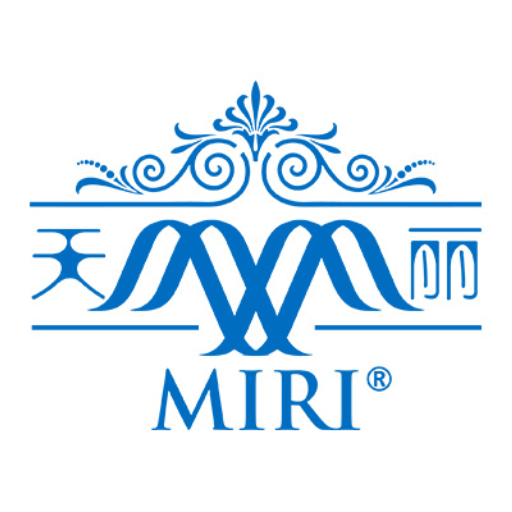The Complete Collagen Guide: Sources, Benefits, and Scientific Evidence
The Complete Collagen Guide: Sources, Benefits, and Scientific Evidence
Collagen, often referred to as the body’s “building block,” is the most abundant protein in our bodies. This structural protein plays a crucial role in maintaining the health and integrity of our skin, hair, nails, joints, and connective tissues. As we age, our natural collagen production declines, leading to visible signs of aging and decreased mobility. Understanding collagen and how to support its production can be transformative for your beauty and wellness journey.
What Is Collagen and Why Does It Matter?
Collagen is a complex protein made up of amino acids that form strong fibers providing structure to our cells and tissues. Think of it as the “glue” that holds our body together. There are at least 16 different types of collagen, each with unique functions, but Type I, II, and III are the most abundant in the human body.
Research shows that starting in our mid-20s, our bodies produce about 1% less collagen each year. This natural decline contributes to common signs of aging including wrinkles, joint discomfort, and weakened hair and nails. Supporting collagen production becomes increasingly important as we navigate different life transitions from menarche to menopause.
Natural Sources of Collagen
While our bodies can produce collagen, certain foods provide the building blocks needed for synthesis. Collagen-rich foods include bone broth, chicken skin, fish with skin, egg whites, and citrus fruits rich in vitamin C, which is essential for collagen production.
For those following plant-based diets, focus on foods rich in amino acids that support collagen synthesis, including soy products, beans, lentils, nuts, and seeds. These foods contain the necessary building blocks, but don’t directly provide collagen like animal sources do.
The Science of Collagen Supplementation
Collagen supplements have gained significant attention for their potential health benefits. When choosing a collagen supplement, it’s important to understand the different types available. Hydrolyzed collagen (collagen peptides) is broken down into smaller molecules that are easily absorbed by the body.
Scientific studies indicate that taking collagen supplements may improve skin elasticity, reduce joint pain, support bone health, and even aid in muscle recovery after exercise. The mechanism appears to be that supplemental collagen provides amino acids that stimulate the body’s own collagen production processes.
How Collagen Benefits Specific Body Systems
For skin health, collagen supplementation has been shown to increase skin hydration, elasticity, and density. A study published in the Journal of Cosmetic Dermatology found that women who took collagen supplements for eight weeks experienced significant improvements in skin hydration and elasticity compared to those who didn’t.
For joint health, collagen supplements may help reduce inflammation and support cartilage production. Research indicates that Type II collagen, in particular, may be beneficial for joint comfort and mobility, making it especially relevant for women as they age or experience hormonal changes.
Integrating Collagen Into Your Wellness Routine
When incorporating collagen into your daily routine, consistency is key. Most studies showing benefits used doses ranging from 2.5 to 15 grams per day for at least 8-12 weeks. Collagen powder is versatile and can be mixed into morning coffee, smoothies, soups, or even baked goods without affecting taste or texture.
For optimal results, consider pairing collagen supplements with vitamin C, which is essential for collagen synthesis. Our Miri Collagen Protein formula is designed to support not only skin elasticity but also strengthen hair, nails, and joints while potentially reducing acne and eczema problems.
When to Consider Collagen Support
While collagen can benefit most people, certain life stages or conditions may make supplementation particularly valuable. Women approaching perimenopause may find collagen supportive as hormonal shifts impact skin elasticity and joint health. Similarly, athletes or those with physically demanding lifestyles may benefit from collagen’s potential to support muscle recovery and joint health.
Remember that collagen supplements work best as part of a holistic approach that includes adequate protein intake, sufficient vitamin C consumption, proper hydration, and sun protection—all factors that influence collagen production and health.
The Future of Collagen Research
As scientific understanding of collagen advances, new applications are emerging beyond traditional beauty and joint health benefits. Preliminary research suggests collagen may support gut health, brain function, and even metabolic health. The field of collagen science continues to evolve, promising more targeted applications for specific health concerns.
Whether you’re interested in maintaining youthful skin, supporting joint mobility, or just optimizing your overall wellness, understanding and supporting your body’s collagen production is a valuable strategy in your holistic health approach.
